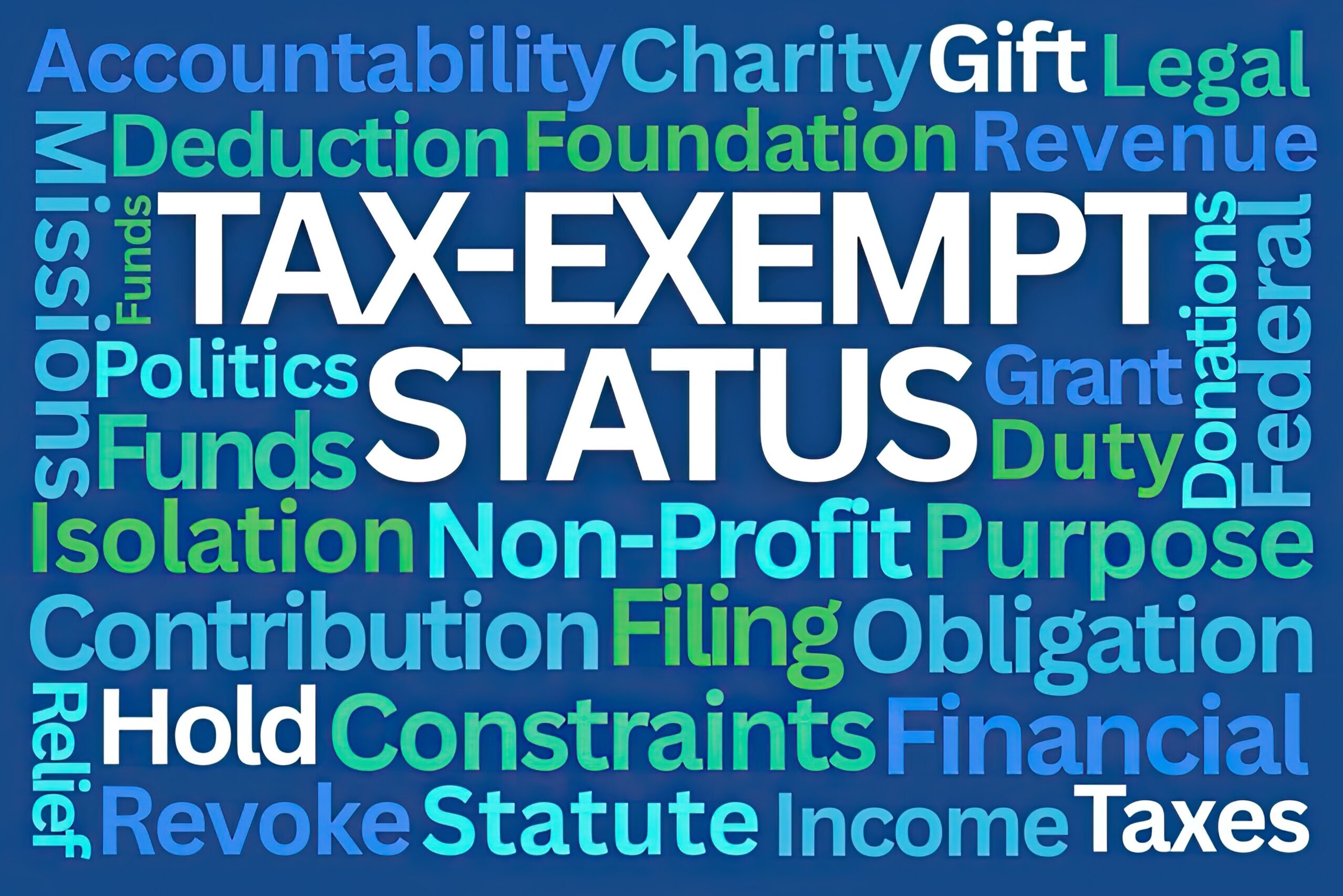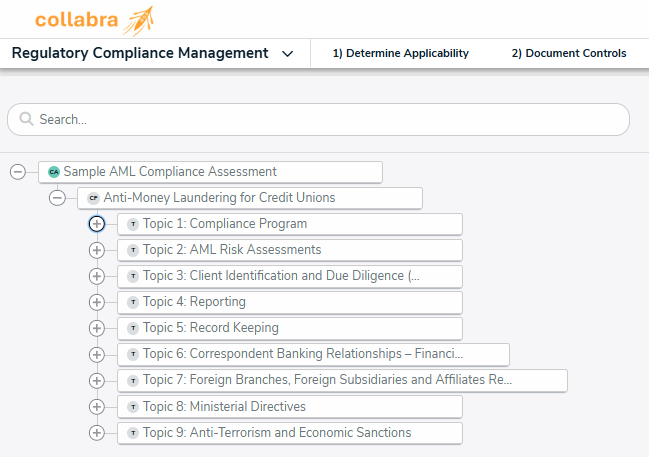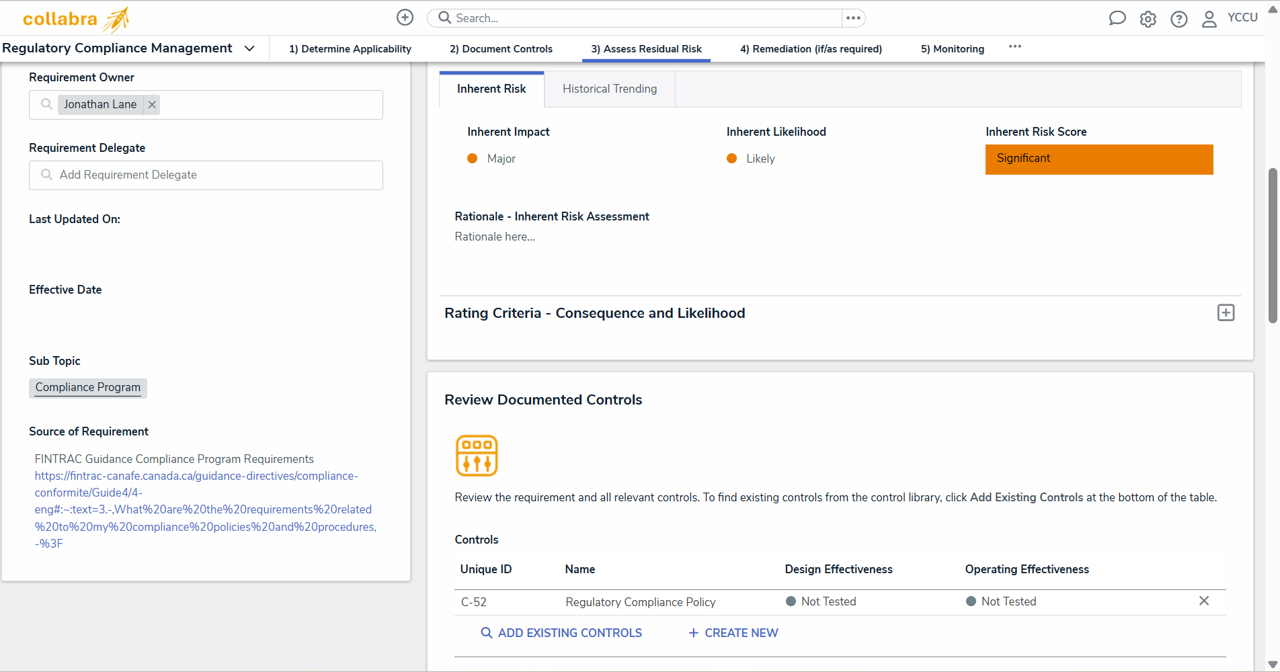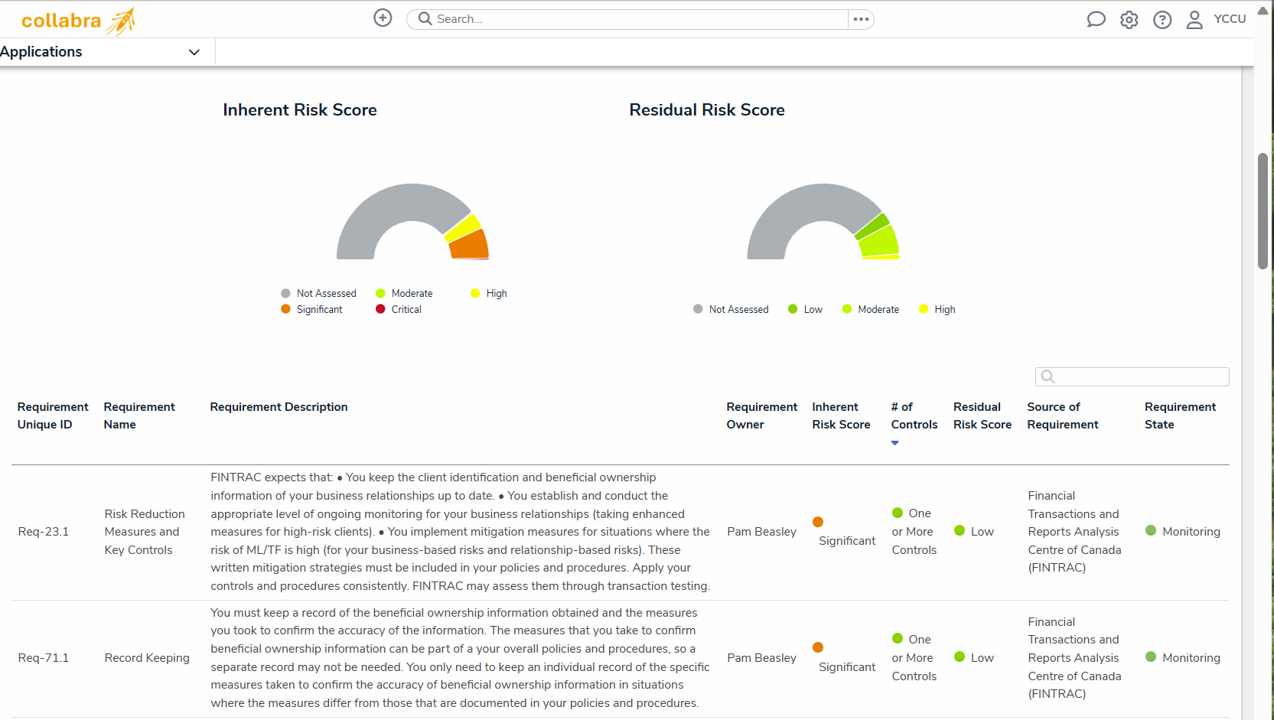Turning Obligations into Opportunity
For nonprofits and cooperatives, compliance is more than a checklist — it’s a foundation for trust. Our Regulatory Compliance Management application makes it simple to stay aligned with laws, standards, and internal policies.

Regulatory Compliance for Nonprofit Organizations
Nonprofits operating across the U.S. and Canada face a maze of regulatory requirements that can quickly become overwhelming. From IRS and CRA rules to state and provincial filings, privacy laws, and fundraising regulations, staying compliant takes constant effort. Each jurisdiction has its own expectations, and even small missteps can put an organization’s good standing at risk.

Regulatory Compliance for Cooperative Organizations
Cooperatives face their own unique compliance challenges, balancing democratic member governance with the same regulatory expectations as other businesses — and often a few more. From state or provincial incorporation rules to tax obligations, reporting requirements, and sector-specific regulations (like those in financial services, agriculture or housing), keeping everything aligned can be a heavy lift. Add to that the need for transparency and accountability to members, and compliance can quickly become complex.
1. Scope
The Collabra regulatory compliance management (RCM) process begins with scoping the compliance assessment relative to applicable regulations. The platform helps organizations identify which laws and standards apply to their operations and define the assessment boundary by mapping business units, processes, and jurisdictions to specific requirements.
Automated tools import regulatory content, tag obligations, and create a clear, auditable scope so compliance efforts focus only on what’s relevant.
2. Assess
Next, Collabra enables risk assessment and control mapping. Users can evaluate existing policies and procedures against identified requirements, assess compliance risk using standardized scoring, and link controls directly to those obligations.
The platform supports control testing, evidence collection, and remediation tracking, providing clear traceability between regulations, risks, and mitigations. This structured approach reduces manual effort while strengthening accountability and audit readiness.
3. Report
Finally, Collabra simplifies reporting and ongoing compliance management. Dynamic dashboards summarize compliance status, highlight residual risks, and track corrective actions over time.
Automated notifications, recurring assessment schedules, and real-time updates to regulatory mappings help maintain continuous compliance. With Collabra, organizations move from reactive, project-based compliance to a proactive, data-driven process that adapts as regulations and operations evolve.



